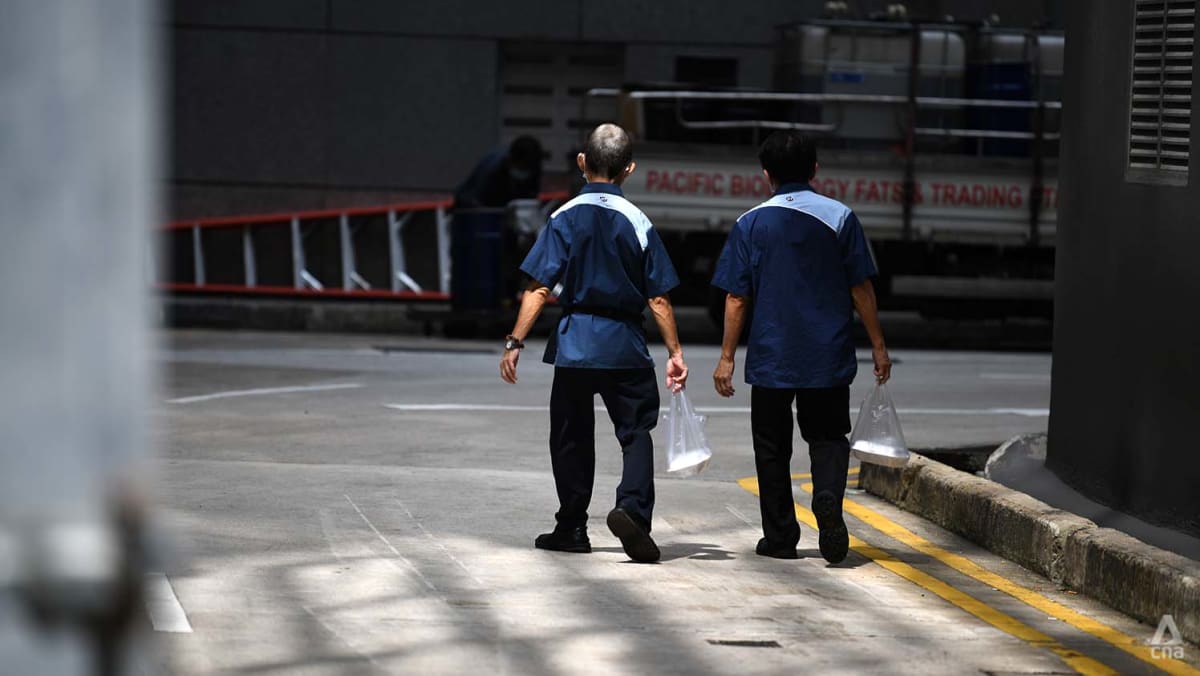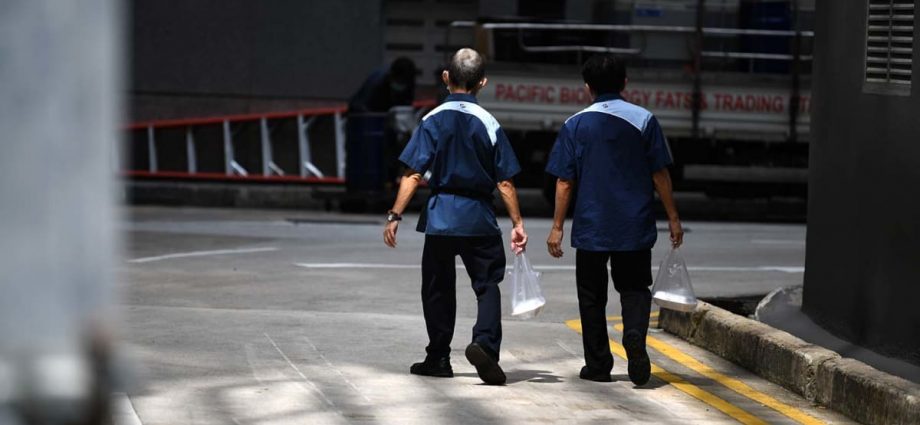
SINGAPORE: Close to seven out of 10 working elderly in Singapore earn less than S$2,500, according to figures provided by Manpower Minister Tan See Leng on Tuesday (Feb 7).
He was writing in response to parliamentary questions by Non-Constituency Member of Parliament Leong Mun Wai on the number of Singaporeans above 65 years old still working along with their salaries and industries.
A total of 207,300 Singapore residents aged 65 and above were employed in 2022 – an employment rate of 31 per cent, said Dr Tan.
“This is high compared to OECD (Organisation for Economic Cooperation and Development) countries, and is probably the result of the high life expectancy of Singaporeans,” he added.
Of these, 142,400 residents or 68.7 per cent earned a gross monthly income of less than S$2,500 excluding employers’ Central Provident Fund contributions.
Among this group, 81,900 or 57.5 per cent of them were working full-time.
About 27,000 elderly residents earned between S$2,500 and S$3,000 while 37,800 were paid at least S$4,000.
Dr Tan highlighted that a third of employed residents aged 65 and above were working part-time.
“Part-time workers tend to earn less, considering fewer hours worked and the nature of jobs offered,” he said.
The figures were derived from a manpower ministry labour force survey.
Dr Tan also said the top five industries employing the most resident workers aged 65 and above in 2022 were wholesale and retail trade, administrative and support services, transportation and storage, accommodation and food services as well as manufacturing.
On Jan 30, in an update to a national blueprint for Singapore’s ageing population, Dr Tan said that employment rates for senior workers have continued to improve.
He also announced the extension of a scheme providing wage offsets for employers who hire Singaporeans aged 60 and above earning up to S$4,000 a month, from 2023 to 2025.
A grant to nudge employers to offer flexible work arrangements and structured career planning for their senior workers will also be extended over the same period, with revised eligibility criteria.

